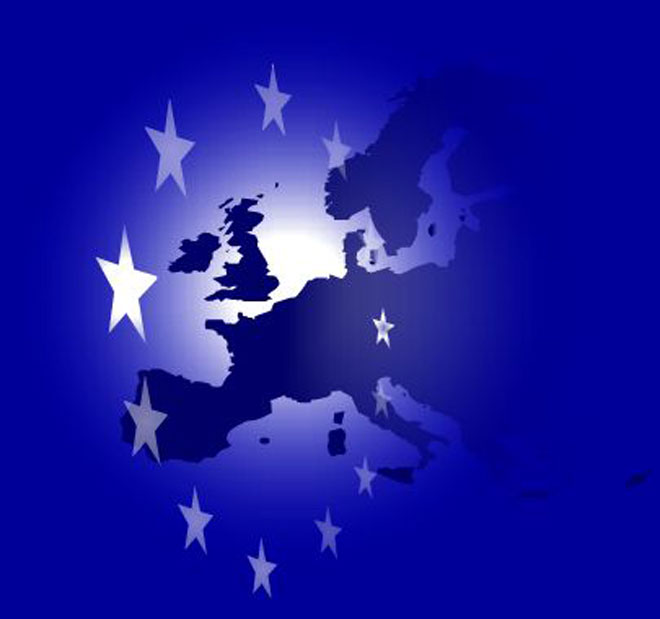The European Union's 27 leaders were facing an all-nighter Thursday as a bruising battle loomed over who to name as the bloc's first full-time president and new foreign policy chief, AP reported.
Sweden's Prime Minister Fredrik Reinfeldt, chair of the EU summit, said despite his best efforts at mediation the EU leaders were deadlocked ahead of the dinner that will decide the issue Thursday night.
Reinfeldt told reporters in Stockholm that "it might take all night" to get all the leaders to agree on two names, and added that the list of candidates he has drafted is far too long.
"We are not of the same opinion," said Reinfeldt. "I need of course the collaboration of all my colleagues to get this through."
Time is pressing for the leaders, as the new posts must be filled before the EU's new reform treaty comes into force on Dec. 1.
At stake is how the European Union presents itself to the world in years to come. The two posts aim to bolster the bloc's influence amid the rise of China, Brazil and India to handle global issues like climate change, terrorism and trade.
The leaders are trying to strike the right balance between big countries and small, rich and poor, east and west, socialists and conservatives, male and female. Lawmakers and protesters have already questioned why only one woman is being considered so far.
Belgium's little-known Premier Herman Van Rompuy leads the pack of half a dozen mentioned politicians said to be interested in the presidential post, which is being created under the new EU charter.
Britain however, opposes Van Rompuy and is pushing hard for ex-prime minister Tony Blair to get the job, saying Europe needs a high-profile EU president.
Others like France and Spain, fearing Blair would overshadow them, favor a low-profile person in the top EU post, one limited to chairing summits and greeting foreign dignitaries.
"The person should be a co-ordinator rather than a president," said Jerzy Buzek, speaker of the European Parliament.
Smaller EU nations loathe the idea of being led by Blair, whose strong support for the Iraq war angered many Europeans. They also want a president from a country that uses the EU's common euro currency and participates in its passport-free travel zone. Britain has opted out of those EU projects.
Other possibilities for president include Dutch Prime Minister Jan-Peter Balkenende, Luxembourg Premier Jean-Claude Juncker, Estonian President Toomas Ilves, and Vaira Vike-Freiberga, the former Latvian president and the only female candidate touted.
No candidates so far are from France or Germany, the traditional motors of the EU.
The EU reform treaty does not spell out what the EU president's job really is. The original idea was that a European president would give the EU a bigger profile on the world stage, one commensurate with its economic heft.
But that appears to have changed. Power seems to have shifted to the EU's new foreign minister, who will get a say over the bloc's annual euro7 billion ($10.5 billion) foreign aid budget and a new 5,000-strong EU diplomatic corps.
The EU has a long history of horse-trading for plum jobs. In 1994, leaders took 12 hours and a veto by Britain to pick an European Commission president. In 1998, it took another 12 hours to choose the first European Central Bank chief - and the EU ended up having two people split the term.
EU leaders deadlocked over top 2 EU jobs
The European Union's 27 leaders were facing an all-nighter Thursday as a bruising battle loomed over who to name as the bloc's first full-time president and new foreign policy chief.






